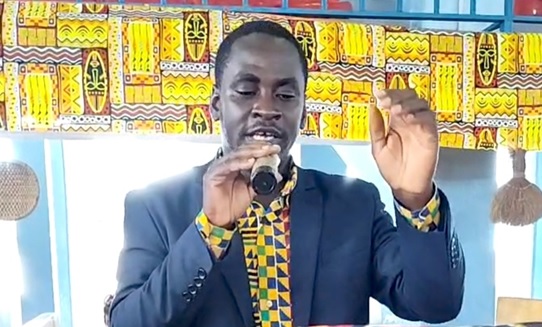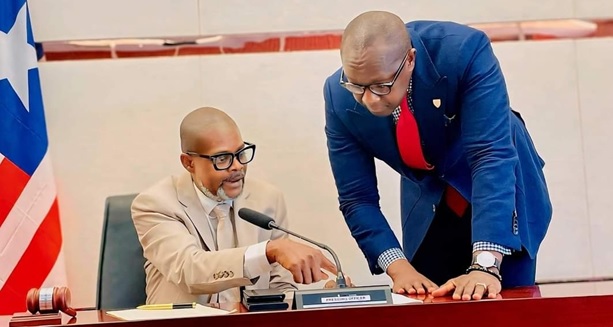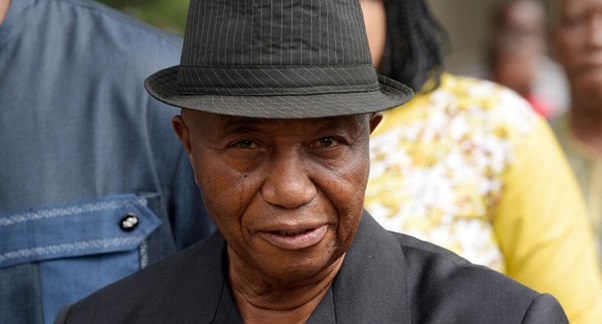On Friday, June 14, 2024, Assistant Minister for Information Services at the Ministry of Information, Matthew Nyanplu, emphasized the crucial need for Liberia to meet the educational aspirations of its youth during his keynote address at the Day of the African Child commemoration at Spiritan Academy in Monrovia. Nyanplu highlighted the significant hurdles that young people face in their pursuit of education and stressed that Liberia cannot afford to fail them.
Nyanplu remarked, “No nation develops unless the people are developed. A nation-state or a country is comprised of both a defined territory and the people who permanently inhabit it. The physical environment, infrastructure, and quality of life in that area mirror the quality of its inhabitants.” He expressed his honor at being invited to speak on this historic occasion, underlining the importance of education in developing skills and competencies needed for meaningful contributions to society.
Reflecting on the historical context of the Day of the African Child, Nyanplu recounted the events of 1976 in apartheid South Africa, where thousands of young black students, led by figures like Steve Biko, protested for quality education in their native languages. Their bravery, he noted, is what the day commemorates, serving as a reminder of the ongoing challenges faced by children in Africa, particularly in Liberia.
Nyanplu pointed out the disparity in educational quality across Liberia. While enrollment has increased, the quality of education remains inadequate. He praised Spiritan Academy for its high standards but expressed concern for the millions of children who attend schools in poor conditions. He commended President Joseph Nyumah Boakai’s decision to increase the budget for education, aiming to elevate the standards of all schools to those of Spiritan.
The Assistant Minister highlighted the theme of this year’s commemoration: “Education for all children in Africa, the time is now.” He stressed that this theme must become a reality, not just a slogan. The need for immediate action is evident, he said, as the quality of education many children receive is still lacking. He called for a nationwide effort to ensure that every child has access to high-quality education.
Nyanplu urged the government and private sector to work together to improve educational infrastructure and teacher training. He pointed out that well-trained teachers are crucial for providing quality education and that investing in teachers is investing in the future of the nation. “We must ensure that our teachers are equipped with the necessary skills and resources to educate our children effectively,” he stated.
Furthermore, Nyanplu addressed the importance of inclusive education. He advocated for educational policies that accommodate all children, including those with disabilities. “No child should be left behind because of their physical or intellectual challenges,” he asserted. Inclusive education, he said, is essential for building a society where everyone has the opportunity to succeed.
He also touched on the role of technology in education. Nyanplu argued that integrating technology into the educational system can bridge gaps and provide students with access to global knowledge and resources. “We live in a digital age, and our education system must reflect this reality. By incorporating technology, we can enhance learning experiences and prepare our students for the future,” he explained.
Nyanplu called on all stakeholders to commit to the cause of education. He emphasized that the development of Liberia depends on the development of its people, and this starts with providing quality education to every child. “The time is now for us to act and fulfill the dreams of our young people. We must not fail them,” he concluded, urging continued efforts and collaboration to ensure a brighter future for Liberia’s children.
The commemoration of the Day of the African Child at Spiritan Academy served as a powerful reminder of the importance of education in shaping the future of Liberia and Africa. With leaders like Nyanplu advocating for substantial improvements, there is hope that the aspirations of young Africans will be realized, paving the way for a more prosperous and equitable society.







